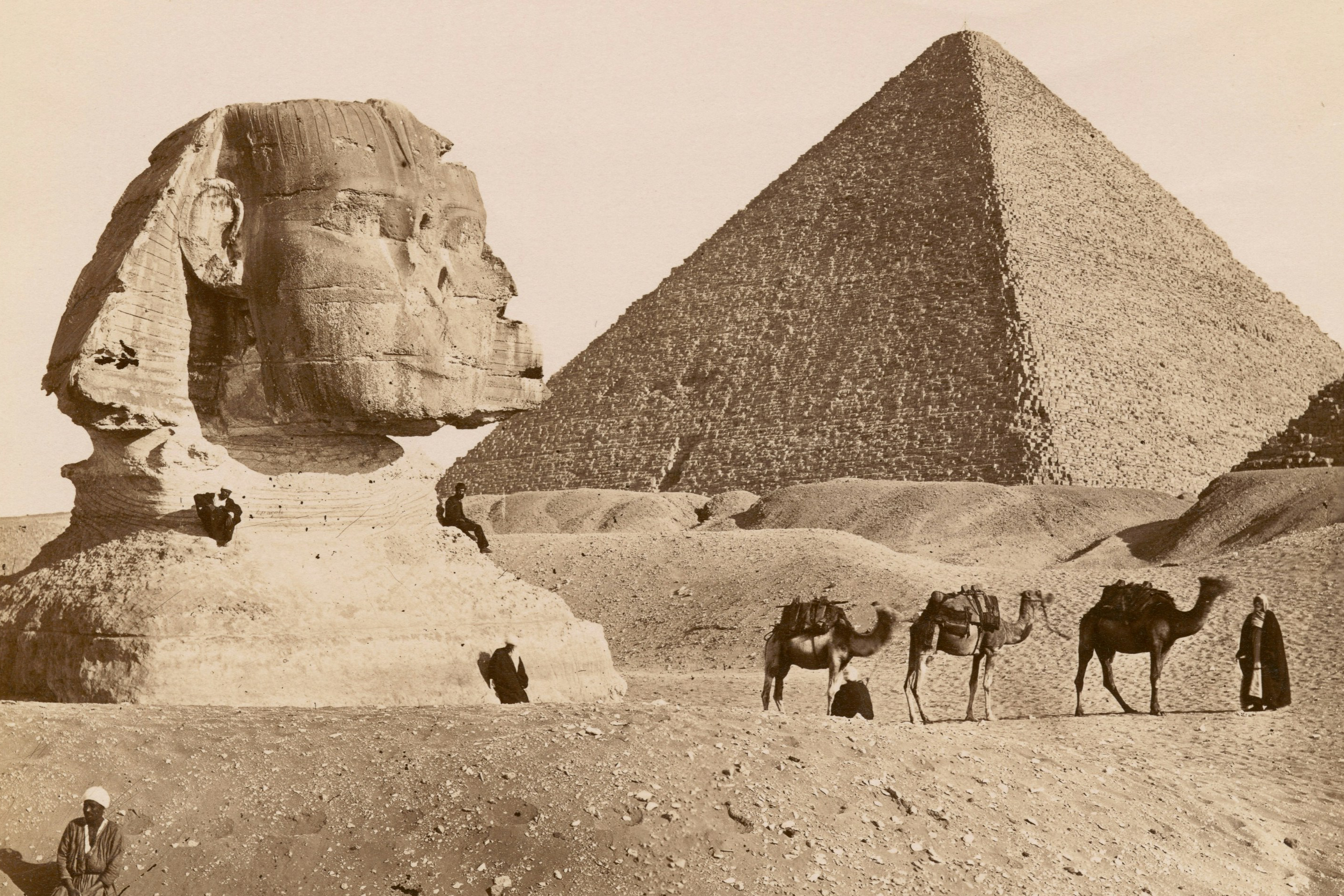
History of the World Since 1300
This course explores the longue durée of globalization, tracing its contours from the Mongol Empire’s vast transcontinental networks to contemporary global interconnectivity. Inspired by world-systems theory and global history approaches, we examine whether earlier forms of globalization inform the fractures and fusions of our own era. How have economic, ideological, military, and environmental forces shaped global integration and disintegration? Through a comparative study of empires — including the Persian, Ottoman, British, Russian, and Soviet — we analyze shifting dynamics between core and periphery, mechanisms of governance, legal and cultural frameworks, and the impact of gender and administration. From the Black Death’s role in reshaping Eurasian exchanges to the modern resurgence of global pandemics, the course interrogates cycles of connection and rupture. The course extends into the 20th and 21st centuries, exploring the legacies of colonialism, the Cold War’s ideological and economic bifurcations, the rise of transnational corporations, and the digital revolution’s acceleration of global integration. We examine decolonization as both a dismantling of imperial structures and a reconfiguration of global inequalities, as well as the role of international institutions (UN, IMF, WTO) in managing globalization. Topics such as migration, climate change, populism, and the persistence of global asymmetries will be analyzed through the lens of historical patterns of power, expansion, and resistance. By integrating theories from scholars such as Immanuel Wallerstein (on world-system), Christopher Bayly (on global history), and Arjun Appadurai (on modern globalization and cultural flows), this course illuminates the long history of globalization’s push and pull — unraveling forces that bind the world together and those that drive it apart.
This network course includes an online section open to enrollment for students across the GHEA21 network.
- Aliaksandr Kalbaska, European Humanities University